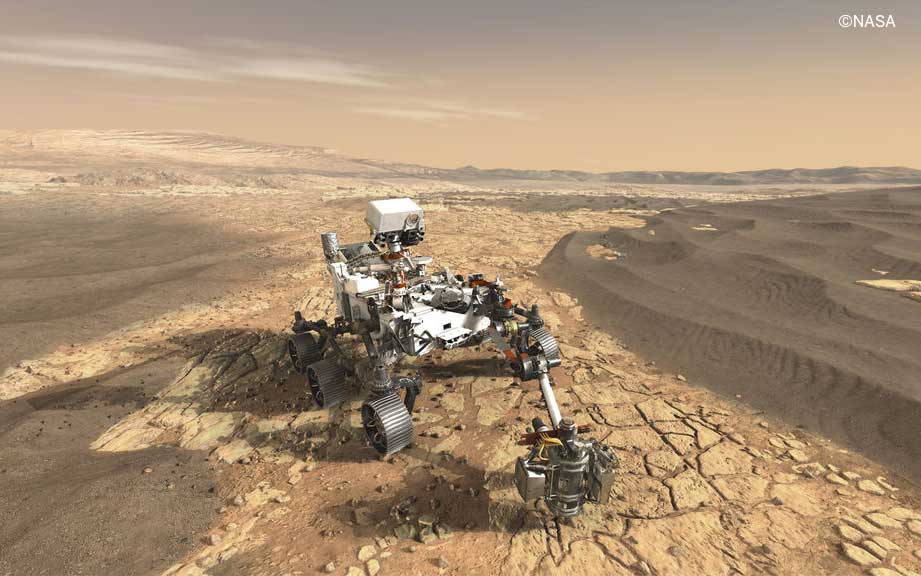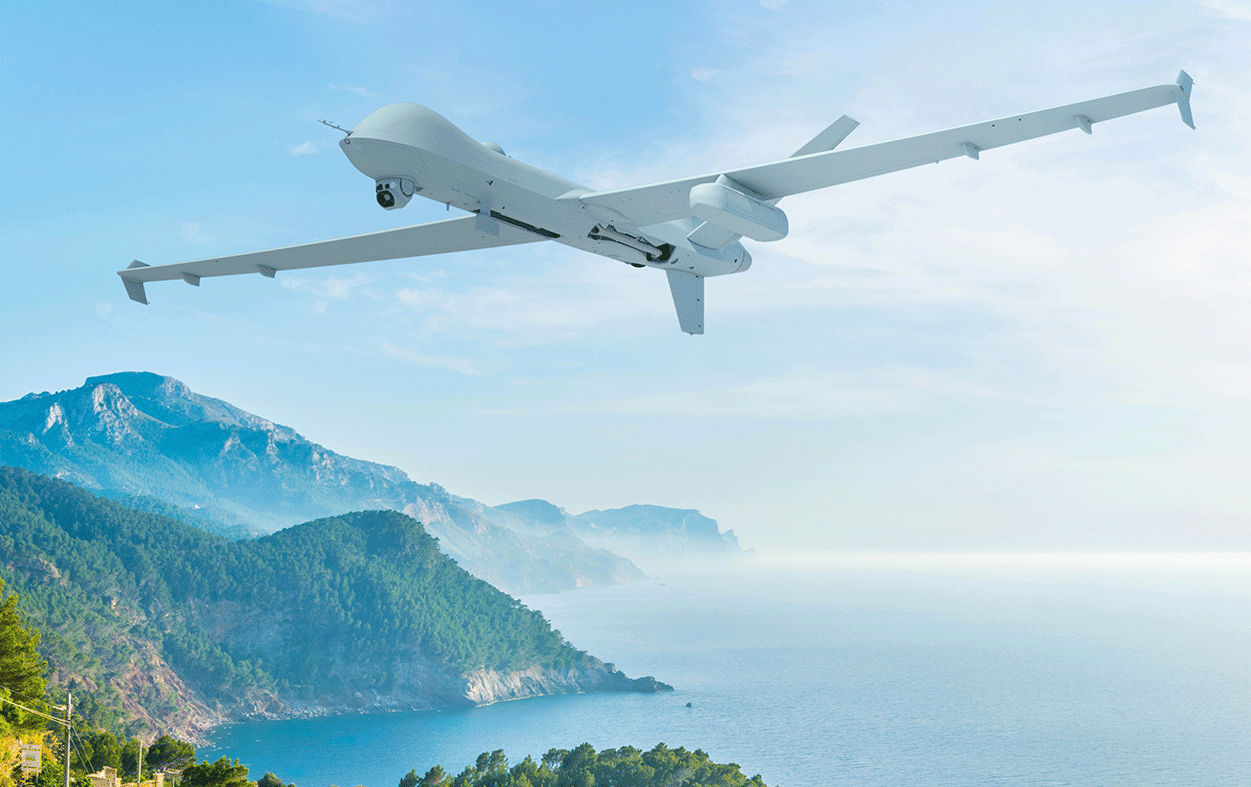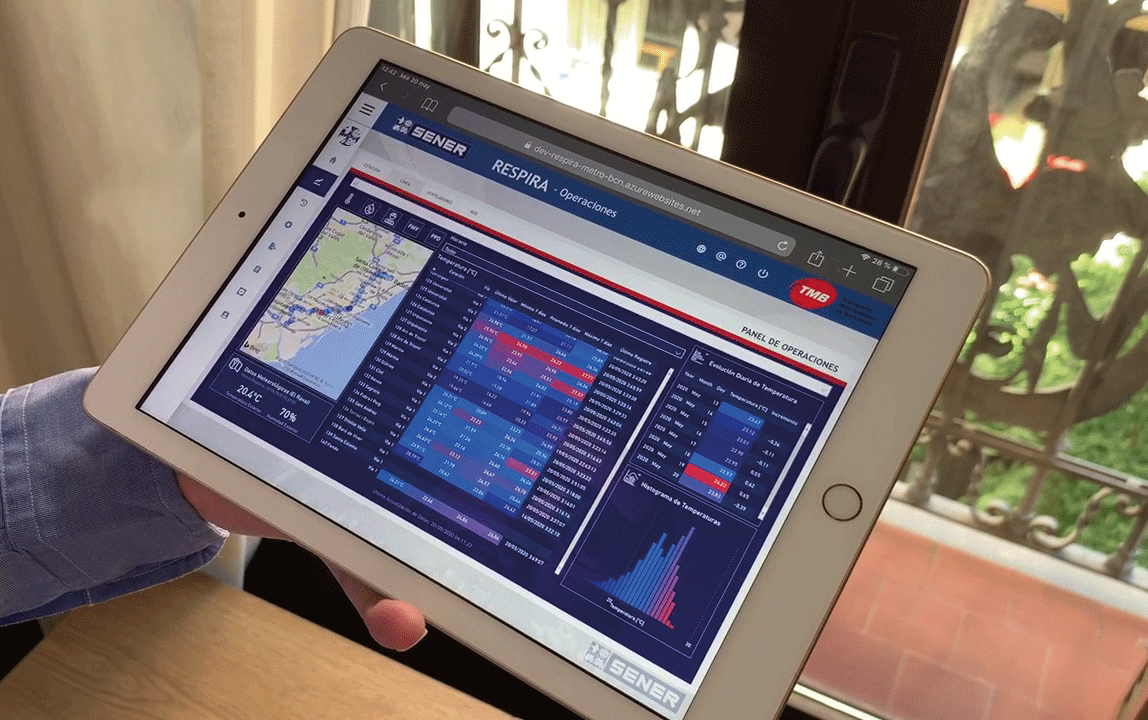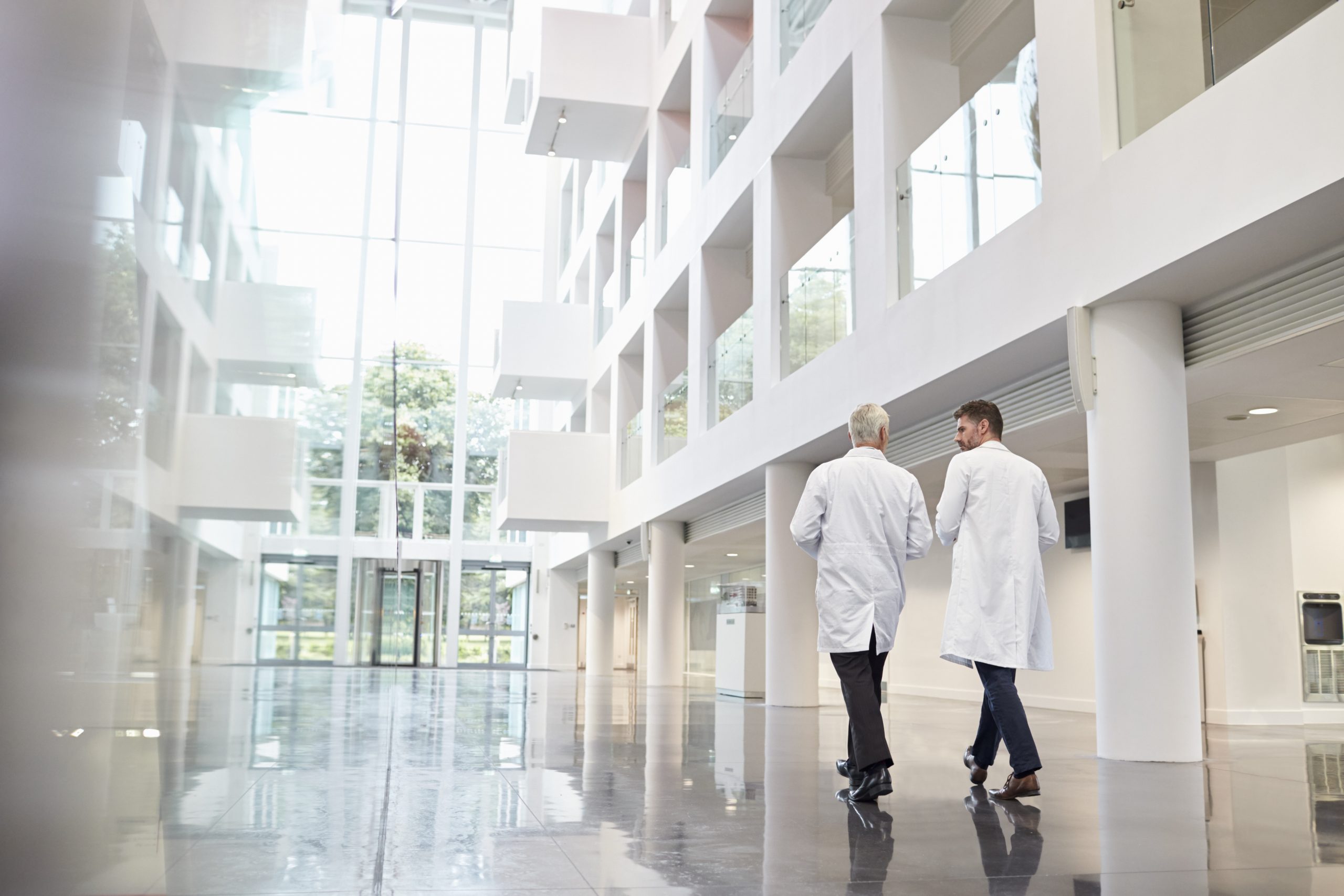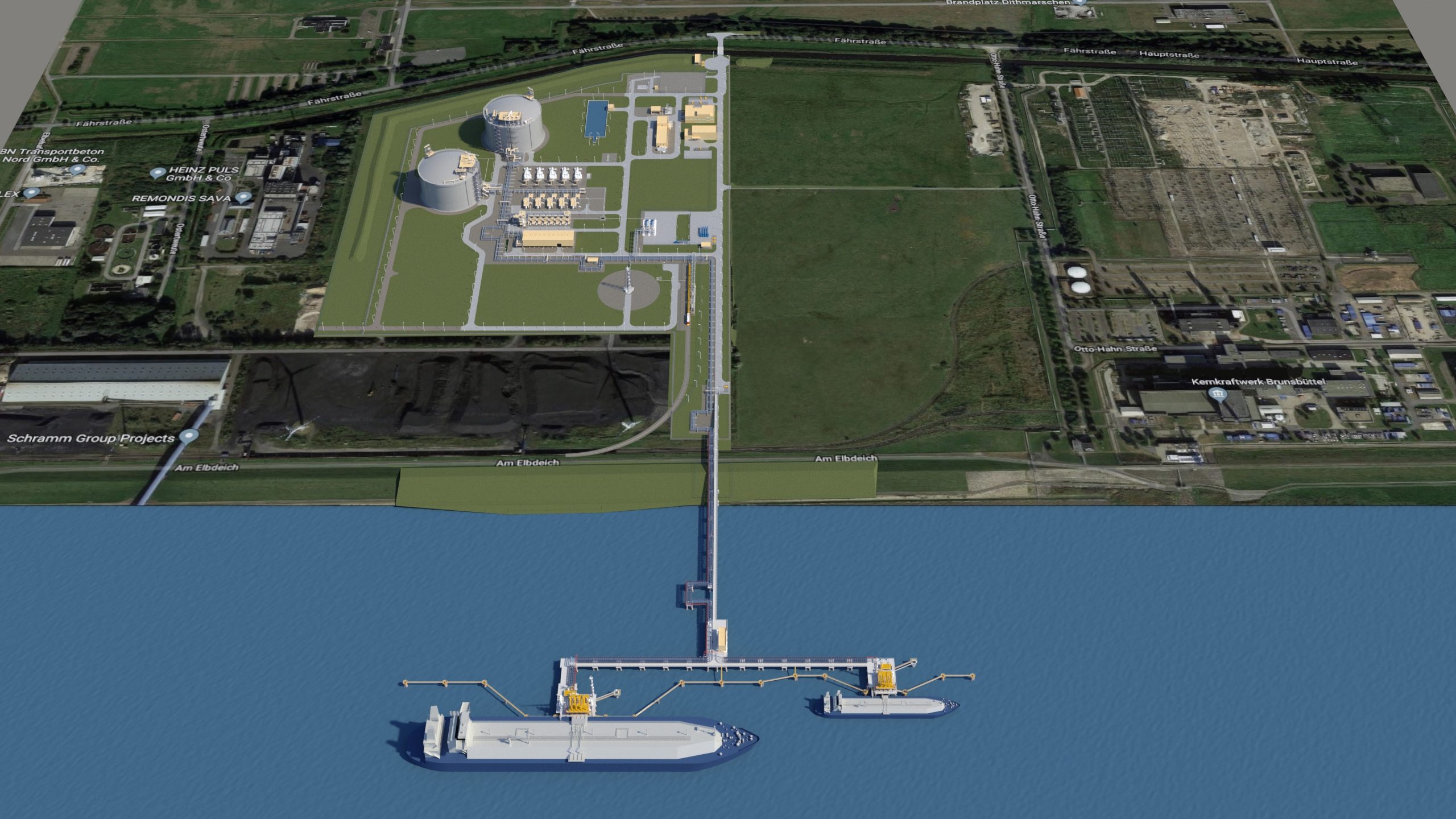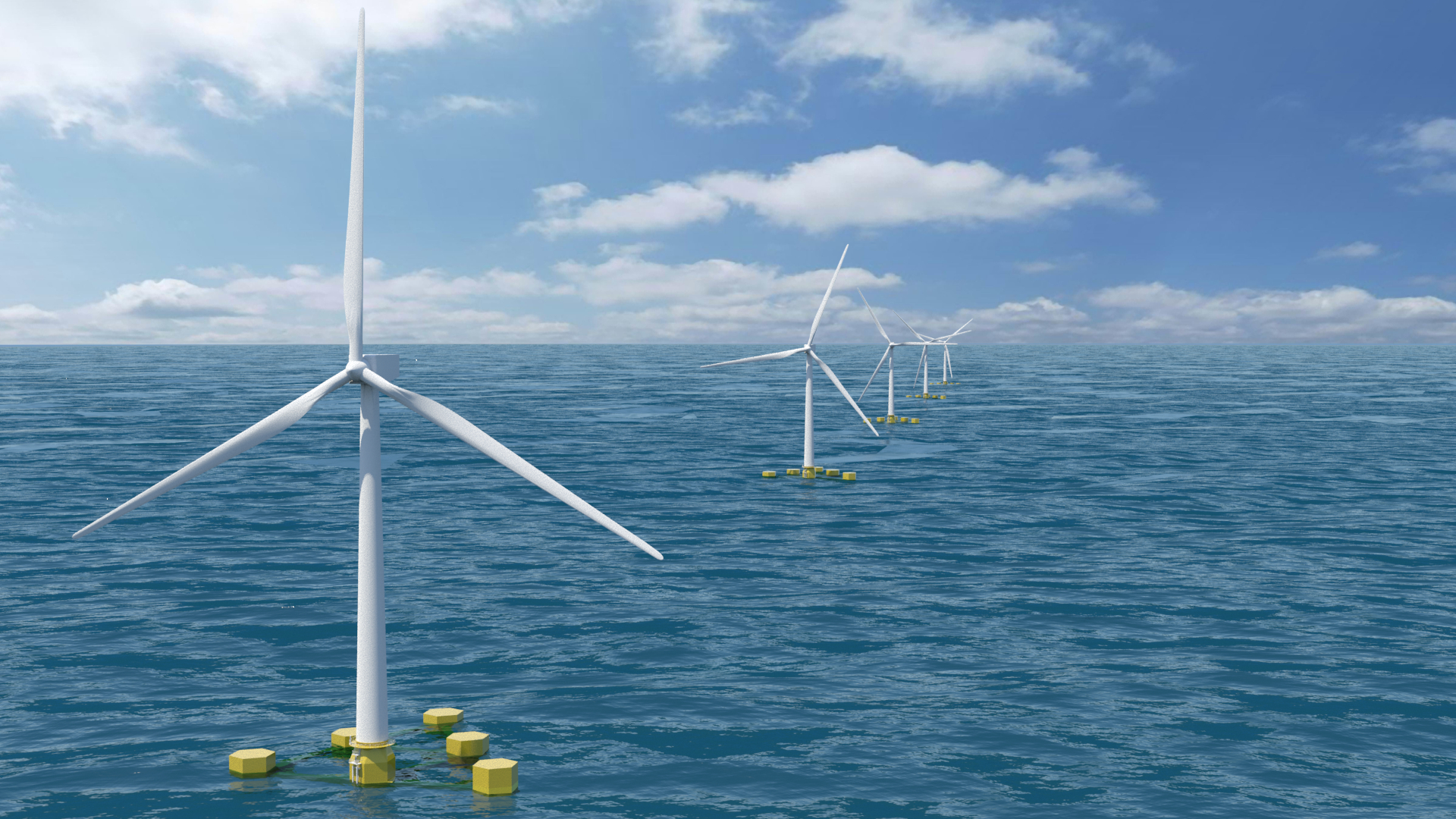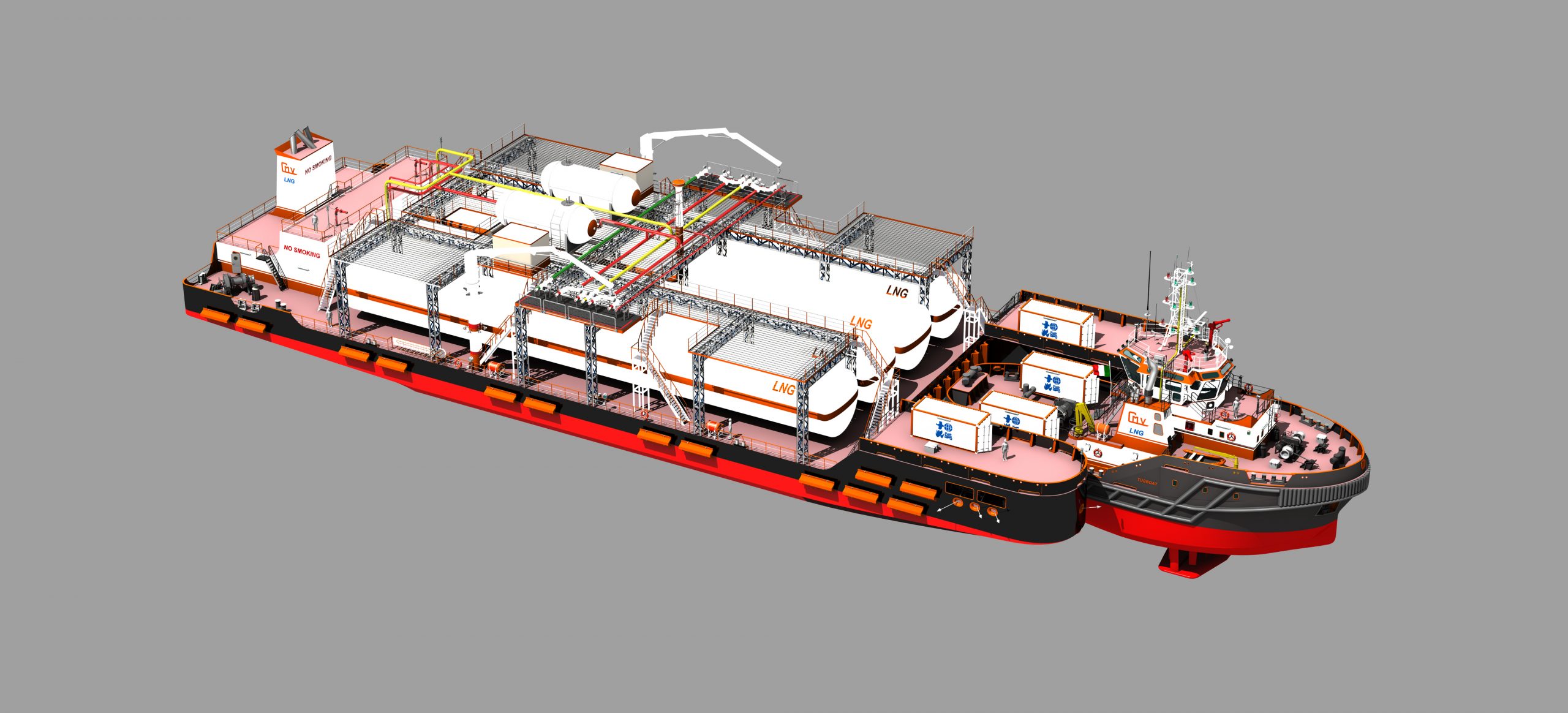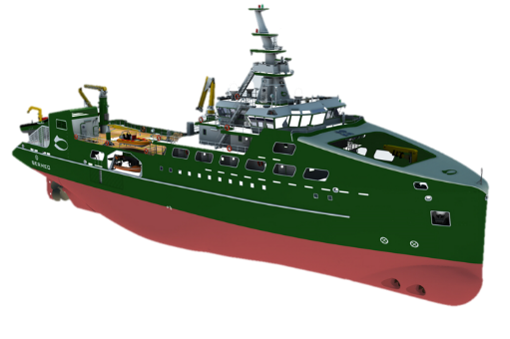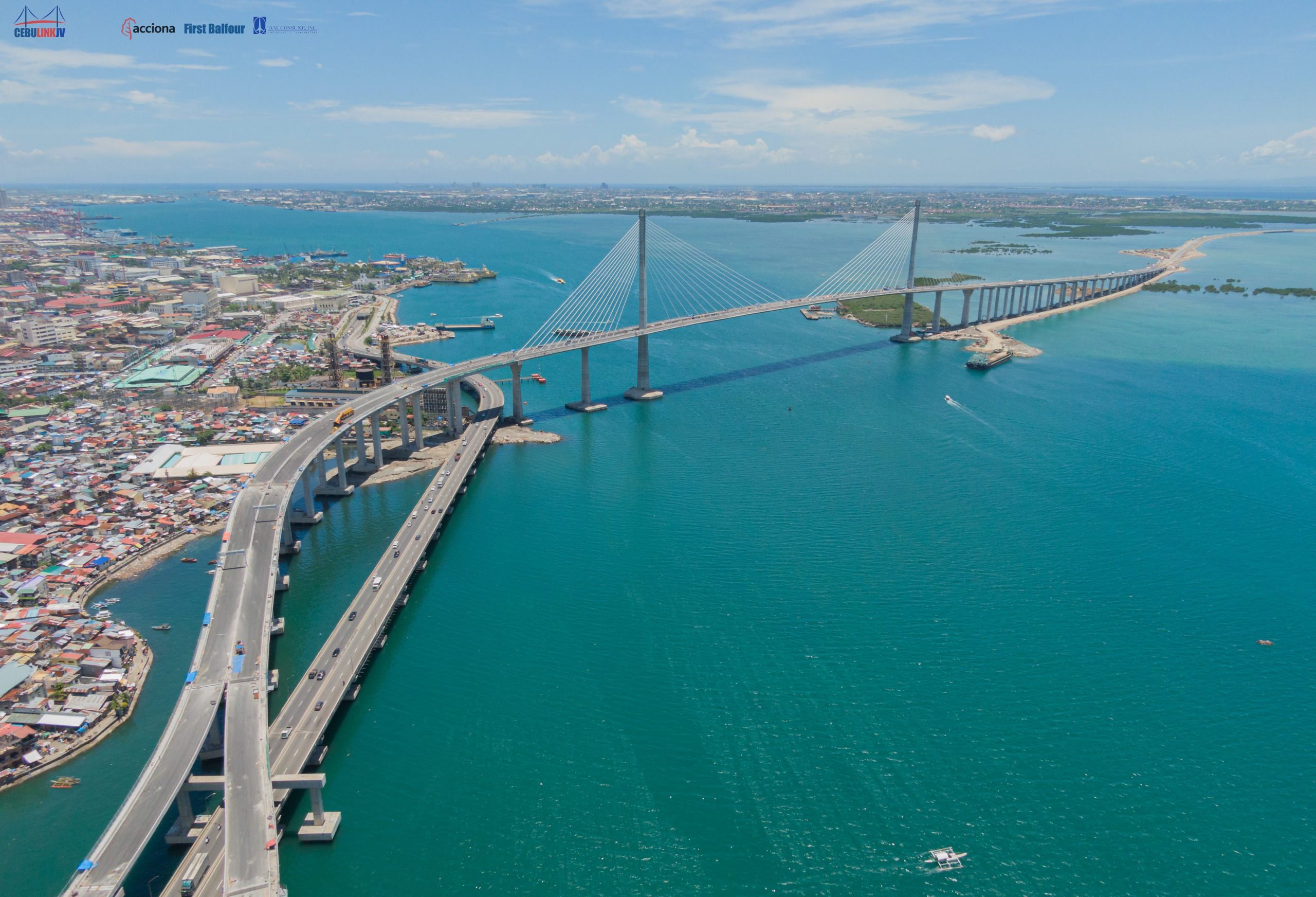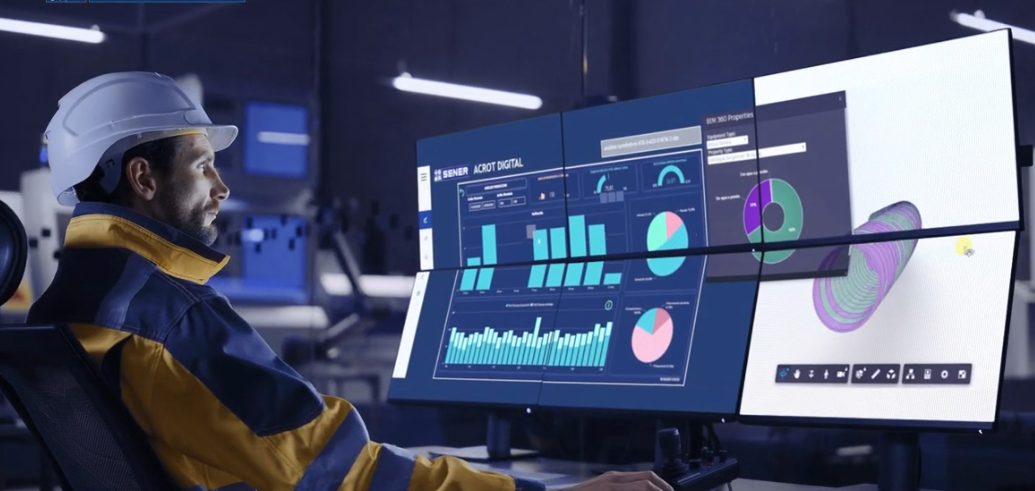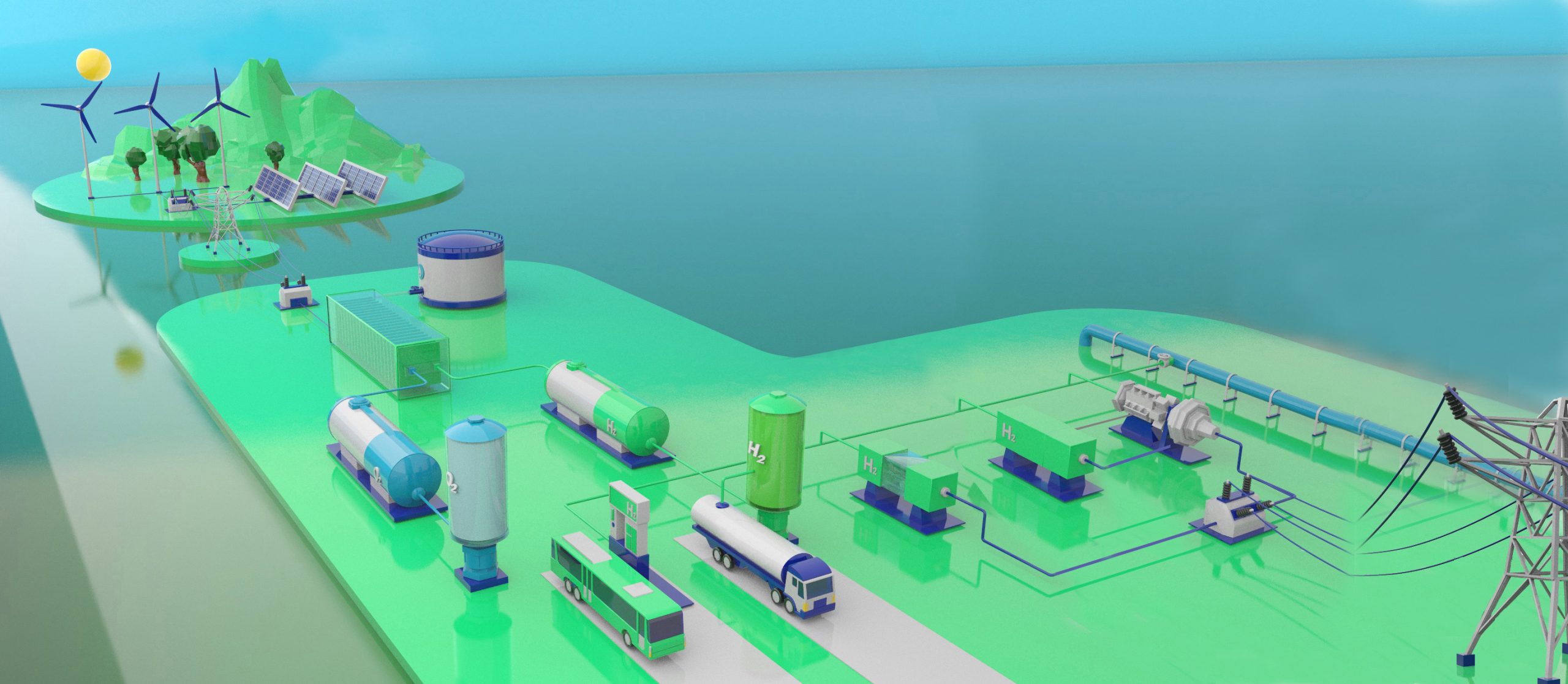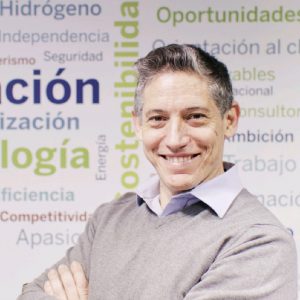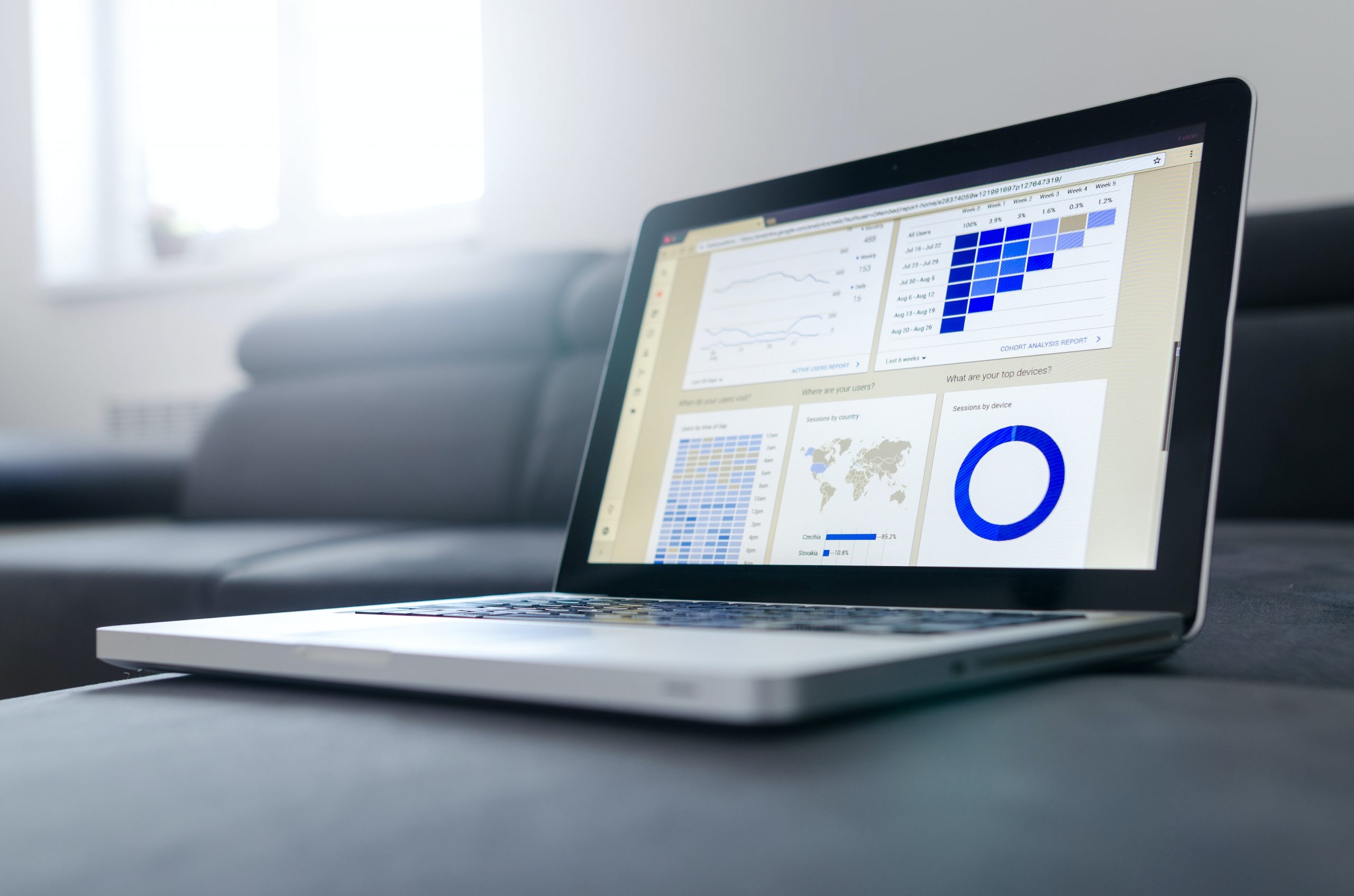
- Energy
- Digitalization
Categories:
Something as ordinary as a business trip can evidence the importance of adequate climate control and energy efficiency in modern cities. In our journey from the office to the hotel, including the airports, we encounter various infrastructures, each with their own particularities and complexities. Whereas offices are still adapting to teleworking and changing teams, hotels have surely recovered pre-pandemic activity levels.
Both facilities are tackling sustainability challenges, but these are different and vary. In this sense, nobody denies the importance of renewables as a source of energy. However, generating energy is as important as helping achieve a more rational use of the energy already available on the grid. This can have enormous potential in various sectors, the hotel industry being one of them, where there is undoubtedly room to optimise its energy resources.
Technology plays a differential role in its management. In particular, artificial intelligence has great potential to better manage climate systems, while maintaining user comfort. For years, data management in this field has demonstrated enormous potential, as it so has in AI.
By way of example, we can correlate a process’ variables to create equipment models capable of anticipating future breakdowns or developing pilots with predictive algorithms that can select the best control strategy in complex processes. There are currently genuine alternatives that can be used to deploy the IoT tools required to develop consumption optimisation models, thus reducing the hotel’s carbon footprint. This is carried out by mass storing the information of an installation.
As we move forward in the development of AI models, the following question may arise: “How does our brain develop or create models?” Answering this question involves exploring the complexity of the human brain and its ability to build models through perception, learning and adaptation.
Let’s see, in three points, how our brain can inspire us to find solutions aimed at improving climate systems in hotels, as an example of a sector that can benefit particularly from AI in this field.
1. Concentration of information on the cloud
“Our brain creates internal models of reality, based on the integration of sensory information and memory processing”
Olaf Sporns
Our brain receives information from all the sensors in our body and stores them in our memory. This is the first step to generating a model by using reality as a basis. And it is the first step that we have to take when it comes to improving energy efficiency in hotels by means of this technology.
Our goal: find out, obtain and store all the information available in each of the hotels. This is what we, at Sener, have carried out in a large Spanish hotel chain. We integrated information from different sources on the cloud using Braian, a development based on our Respira solution. These sources include:
- Cooling/heating equipment
- BMS with a hydraulic system for distributing heat/cold
- Thermal and electrical meters from various brands
- Climate control systems
- Air-conditioning systems in rooms
- PMS with a reservation management system
- Photovoltaic systems
This is one of the main challenges we need to address: collecting information from multiple sources that are initially not interconnected. This enables establishing integrated control strategies and correlations.
For example, why doesn’t cold production equipment take into account the time at which there is a higher demand from climate systems in a hotel? Why don’t climate systems consider the following day’s weather forecast? Why not stop their production if temperatures are expected to drop in the next two hours? Braian, for example, takes care of all this by interconnecting various information sources.
2. Analytics and the use of data… all the data
“The human brain is a model generator: it takes fragmented sensory information and organises it into a consistent representation of reality”
Michael Gazzaniga
Once the available data have been collected in a same point, the next step is to organise and manipulate them in order to obtain useful information that improves decision-making. This is achieved by storing the information in databases in a structured way, allowing it to be analysed using business intelligence tools.
At this point, expert advice is particularly valuable. In the case of hotels, for example, knowing the management tools and the physical installations is equally important, and this involves employing the multidisciplinary talent of teams with diverse competencies.
In many hotels, the control systems’ information is located in small rooms whose access is restricted to the maintenance staff. Platforms such as Braian are a paradigm shift, as they provide all the information to the hotel chain’s staff in a structured way, while meeting the access criteria set by the management. This ensures secure access to accurate information at the appropriate time.
3. Artificial intelligence at the customer’s service
“The brain builds predictive models of the world to guide our actions and understand the environment”
Karl Friston
And we arrive at the core of the process on this sequential journey: the use of artificial intelligence to develop algorithms that optimise, in terms of energy efficiency, the assets of hotels, always following these two premises:
- Maintaining the customer experience, guaranteeing their comfort
- Reducing the carbon footprint of hotels
At Sener we generate specific models for each of the spaces in each hotel. We do not provide generic models. This guarantees an optimal model that makes the best decision in each specific condition of the hotel. Our models anticipate each of the different situations that take place in a hotel, applying the best possible solution, optimising energy consumption and maintaining the user’s comfort.
Creativity and transversality: key aspects of the process
“The brain’s ability to establish connections between seemingly disparate concepts is what drives the generation of innovative ideas and business adaptability in a cross-cutting environment”
Dr Daniel J. Levitn
A hotel can obtain enormous profits, as well as benefits in terms of customer experience, by employing new technologies and integrating and providing transparency to all the available information. With this information and AI, we can currently generate models and, in turn, optimal control algorithms for the hotels’ energy systems.
Once all the stages of this journey towards energy efficiency have been completed, with AI as the vehicle, it will be the right time to remember the enormous potential of transversality in this type of projects. To that end, creativity, as per the aforementioned quote and understood as the ability to relate seemingly disparate concepts, becomes essential.
The key is in those connections. The cloud and the data analysis and integration platforms are essential to achieving them.
Daniel Labrador
Ingeniero Industrial por la UPM y profesor de Ciclos Combinados y Eficiencia en la URJC. Su trayectoria profesional en el campo de la ingeniería está vinculada a proyectos de alto nivel tecnológico, como la robótica aplicada a la industria del automóvil y los sistemas de control aplicados a plantas de energía, especialmente a centrales hidráulicas y plantas termosolares. En Sener, donde lleva 15 años aportando su experiencia, ha participado, entre otras actividades, en los sistemas de instrumentación, control y comunicaciones de plantas de energía, y como ingeniero de proyecto encargado de liderar y coordinar las diferentes áreas técnicas de varios proyectos. Recientemente, ha participado en varios proyectos de transformación digital e inteligencia artificial aplicada a la industria e infraestructuras.

 About us
About us